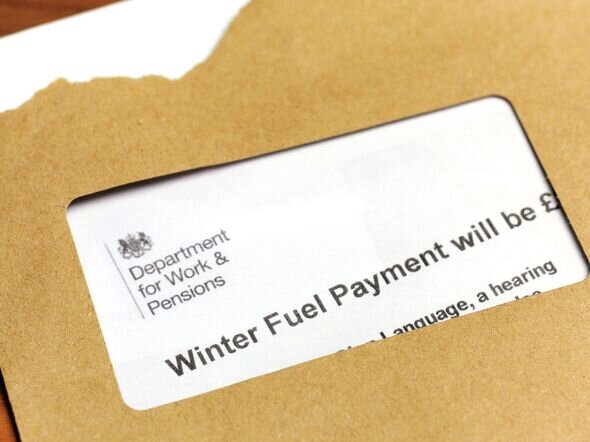
HM Revenue & Customs (HMRC) has issued a renewed warning to the public after a spike in scam attempts targeting UK taxpayers. Fraudsters are impersonating the tax authority via emails, phone calls, and text messages in an effort to steal personal data and money. The scams often claim the recipient is due a tax rebate or owes unpaid tax, urging immediate action to avoid penalties or access refunds.
With tax season creating a sense of urgency, HMRC is advising the public to stay vigilant and report suspicious contact immediately. These impersonation scams have become increasingly sophisticated, with messages that appear genuine but are designed to capture sensitive details such as bank information or National Insurance numbers.
Types of Scams Being Reported
The scams come in several forms, including phishing emails, fake texts, automated voicemails, and calls claiming to be from HMRC officers. In many cases, the messages instruct recipients to “click a link” to claim a tax refund or threaten legal action for unpaid tax. HMRC has confirmed that it will never ask for bank details or demand immediate payment through messages or phone calls.
Recent Spike in Reports
According to HMRC, tens of thousands of suspicious contacts were reported by the public in 2024 alone. The number of scam attempts tends to rise during tax deadlines, such as the Self Assessment filing period in January or rebate season in April. This wave of impersonation scams is part of a broader trend in fraud attempts targeting government communications.
Public Reactions and Risks
The scams are particularly dangerous to vulnerable individuals and the elderly, who may be more trusting of official-sounding communications. Financial experts warn that the rise of digital communication makes it easier for scammers to impersonate trusted institutions. Losses can be significant, some victims have unknowingly transferred hundreds or even thousands of pounds.

Conclusion
With digital fraud on the rise, HMRC’s latest alert is a timely reminder that even familiar-looking messages can be fake. As scammers refine their tactics, it's more important than ever for taxpayers to know what genuine HMRC communication looks like and to report anything that seems off. The safest way to interact with HMRC remains the official website. If in doubt, stop, check, and never click.
Frequently Asked Questions
What are common signs of a scam HMRC message?
Unexpected contact requesting personal or bank details, urgent payment demands, or messages containing suspicious links.
How can I report a scam message?
Forward suspicious emails to phishing@hmrc.gov.uk and texts to 60599. Block and delete the message afterward.
Will HMRC ever call or text me?
Rarely, and never to request personal data or bank details. Official contact typically happens via post or secure GOV.UK portals.
What happens if I click a scam link?
You may expose your personal information to fraudsters. Contact your bank immediately and report the scam to Action Fraud.
Where should I go for official HMRC help?
Always use www.gov.uk for tax matters. Never trust links in unexpected messages or emails.










